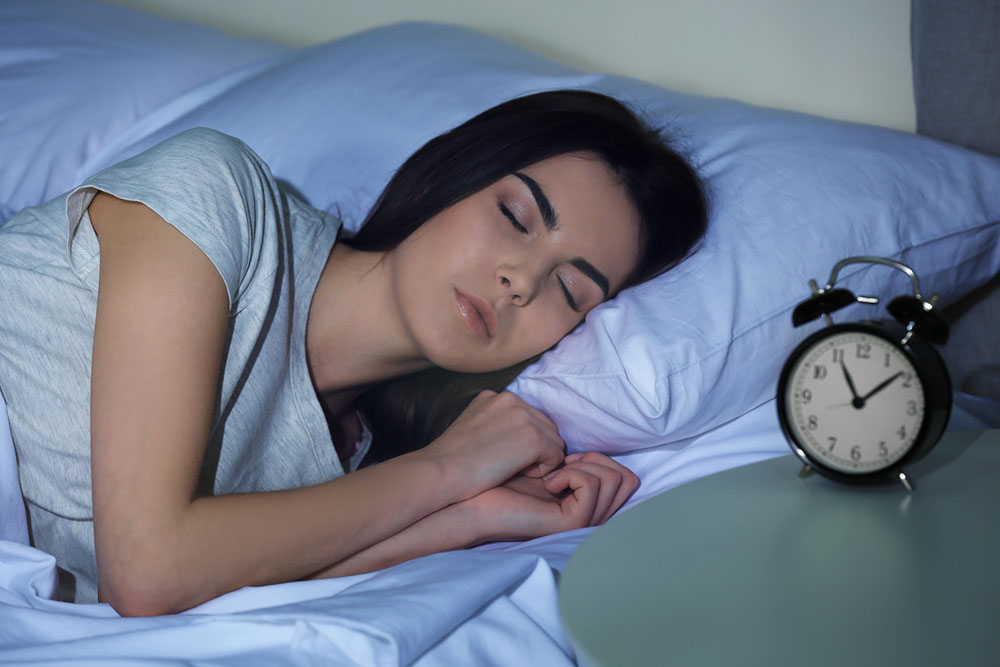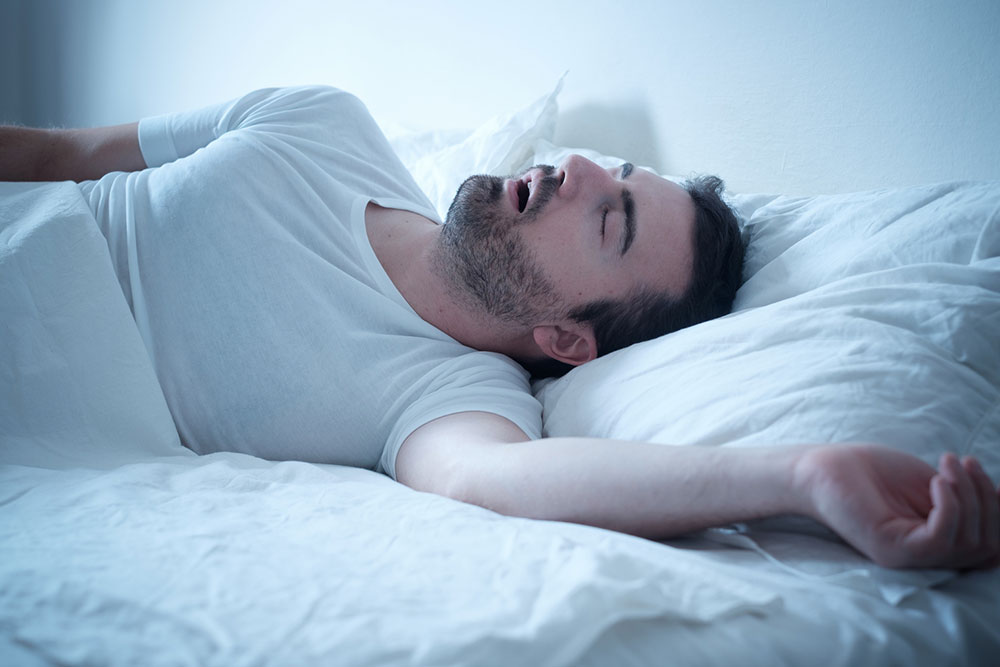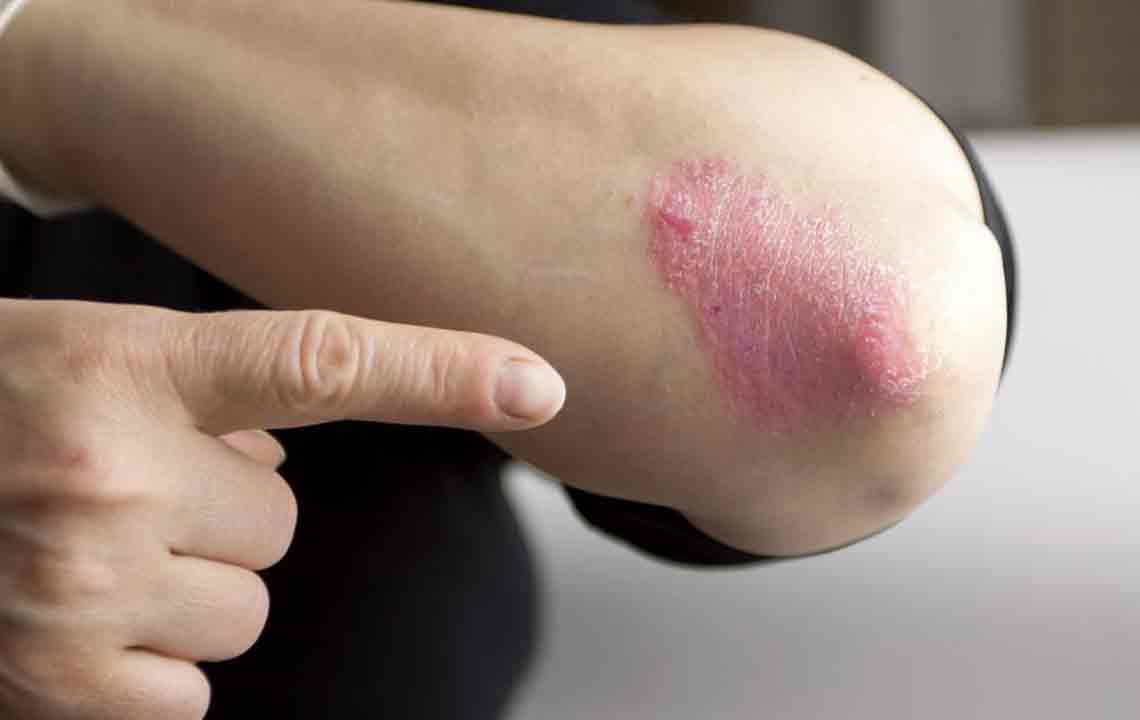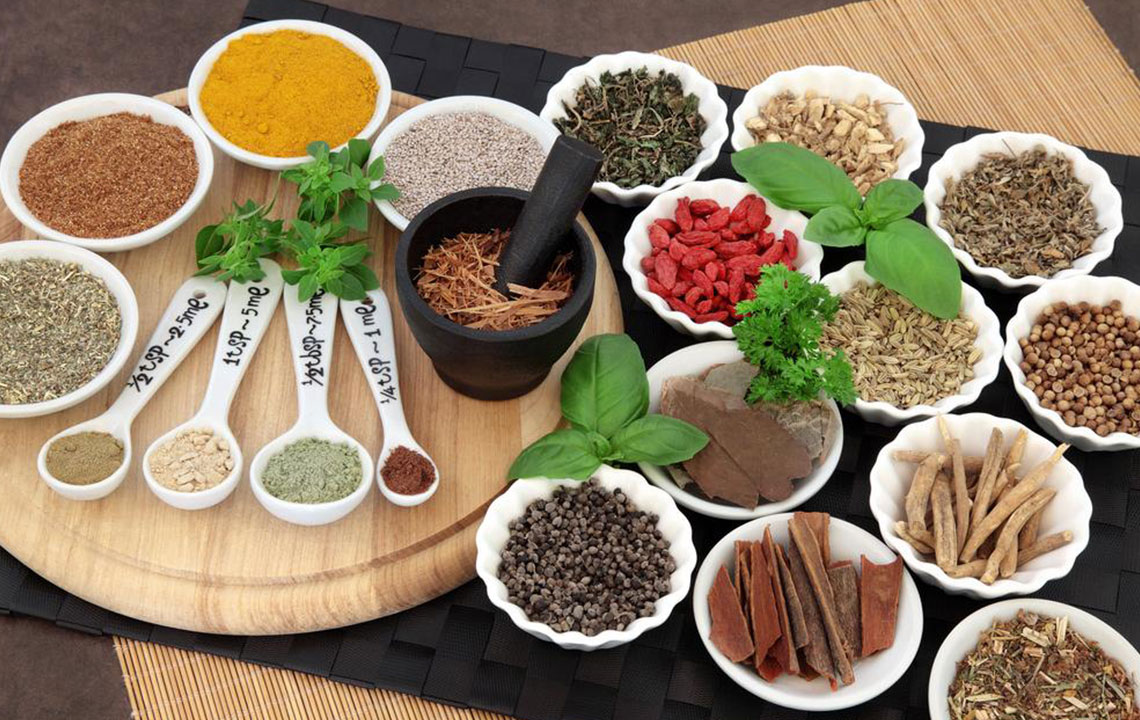Natural Remedies for Better Sleep: Enhance Your Rest Naturally
Explore effective natural sleep aids like melatonin, valerian, chamomile, and dietary choices to improve sleep quality safely. This guide offers insights into various herbal remedies and lifestyle tips to help combat insomnia without medications, ensuring restful nights and energized days.
Sponsored
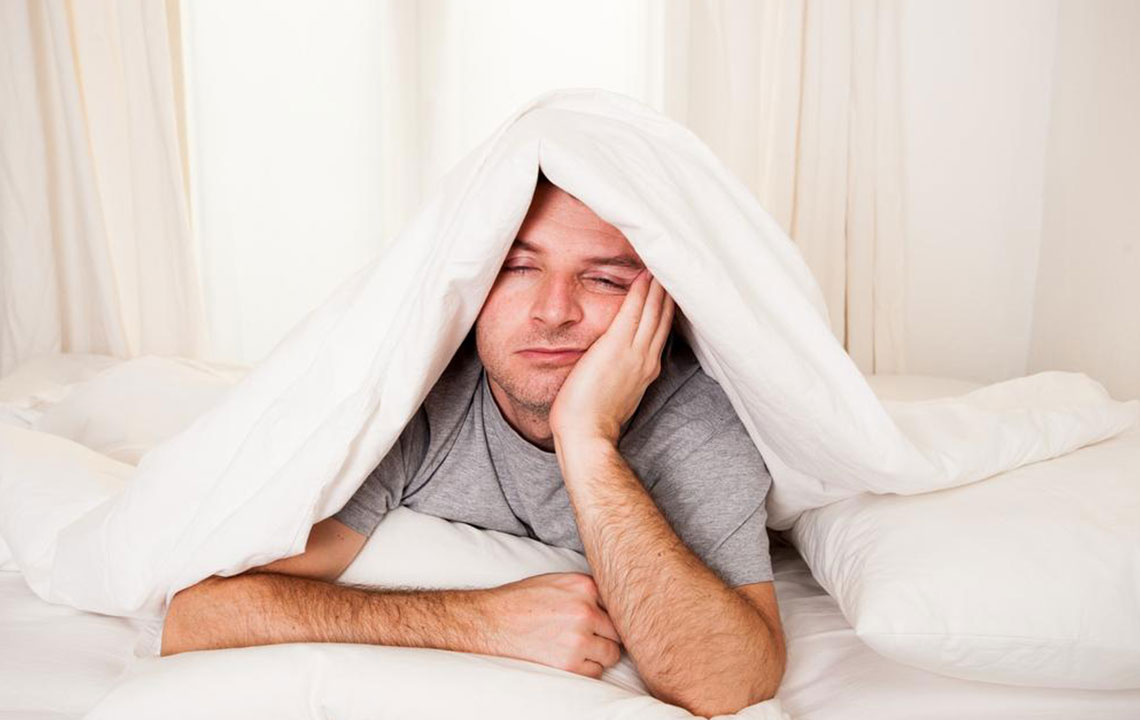
Discover Natural Ways to Improve Your Sleep Quality
Frequent insomnia can be frustrating, affecting daily performance and overall well-being. While medications may provide temporary relief, many seek natural alternatives for lasting results. This article explores herbal and natural solutions that can help restore restful sleep without side effects. Whether you struggle with occasional sleeplessness or chronic issues, these remedies can support your sleep cycle effectively.
Causes of Sleep Difficulties
Various factors contribute to sleep challenges, including physical discomfort, lifestyle choices, and medical conditions such as delayed sleep phase syndrome or side effects from medications. Shift work, travel across time zones, and emotional stress also disrupt the sleep-wake cycle, making natural remedies a valuable option.
Key Natural Sleep Enhancers
Melatonin - This hormone, produced by the pineal gland, regulates your internal clock. When melatonin levels are low, sleep disturbances may occur. Supplementing with melatonin can quickly alleviate jet lag and promote sleep, especially when taken in sublingual form for better absorption. However, long-term safety remains unstudied, so use caution.
Valerian Root - An herbal extract known for its calming effects, Valerian helps those with persistent sleep issues. It is most effective when used regularly over several weeks and typically doesn’t cause morning grogginess. Long-term effects are less understood, so cautious use is recommended.
Chamomile - Used for centuries, chamomile tea is renowned for its relaxing properties. Its anti-inflammatory and soothing effects make it a popular natural sleep aid. Drinking chamomile tea before bed can help induce relaxation and prepare the body for sleep.
Kava - Traditionally used to relieve stress and anxiety, Kava works without impairing memory or motor skills. However, recent studies link Kava consumption to liver toxicity, including hepatitis and cirrhosis, making it a less safe choice for sleep aid.
Tryptophan - An essential amino acid, tryptophan promotes serotonin production, which supports sleep regulation. Foods rich in tryptophan, like milk, cheese, nuts, and turkey, are safe options. Caution is advised when using supplements, as high doses may cause adverse effects like skin tightening or joint pain.
Getting quality sleep is essential for productivity and health. Consider natural remedies alongside a balanced diet and regular exercise to enhance your sleep routine. Always consult a healthcare professional before starting any new supplement, and aim for holistic approaches to achieve restful, uninterrupted sleep.

